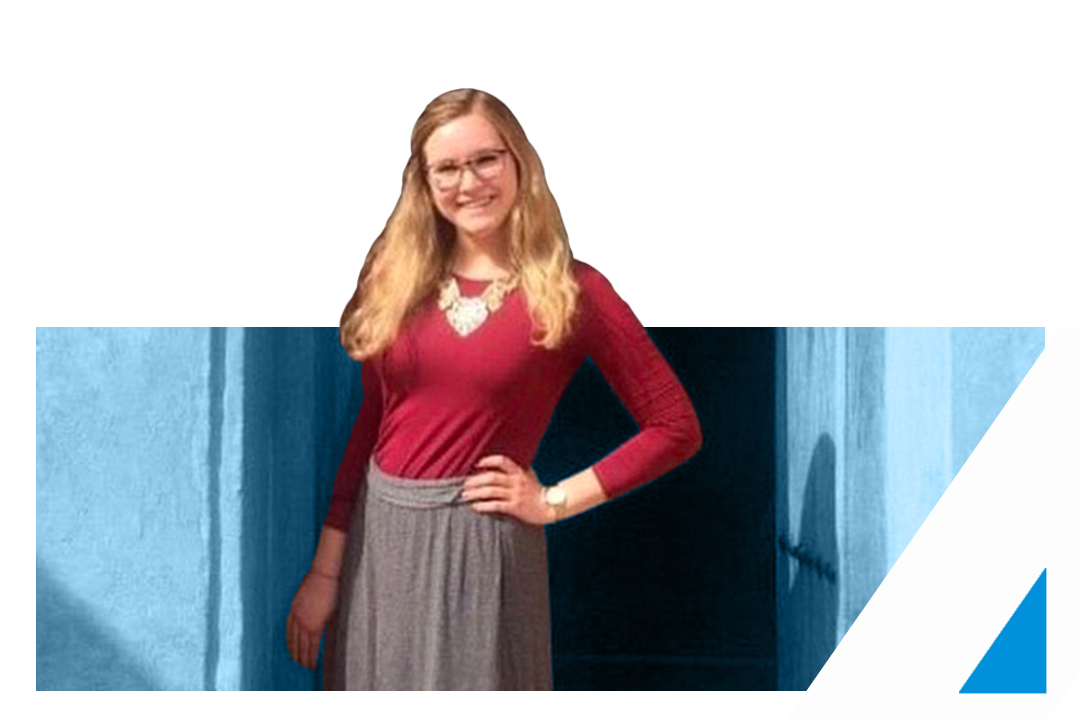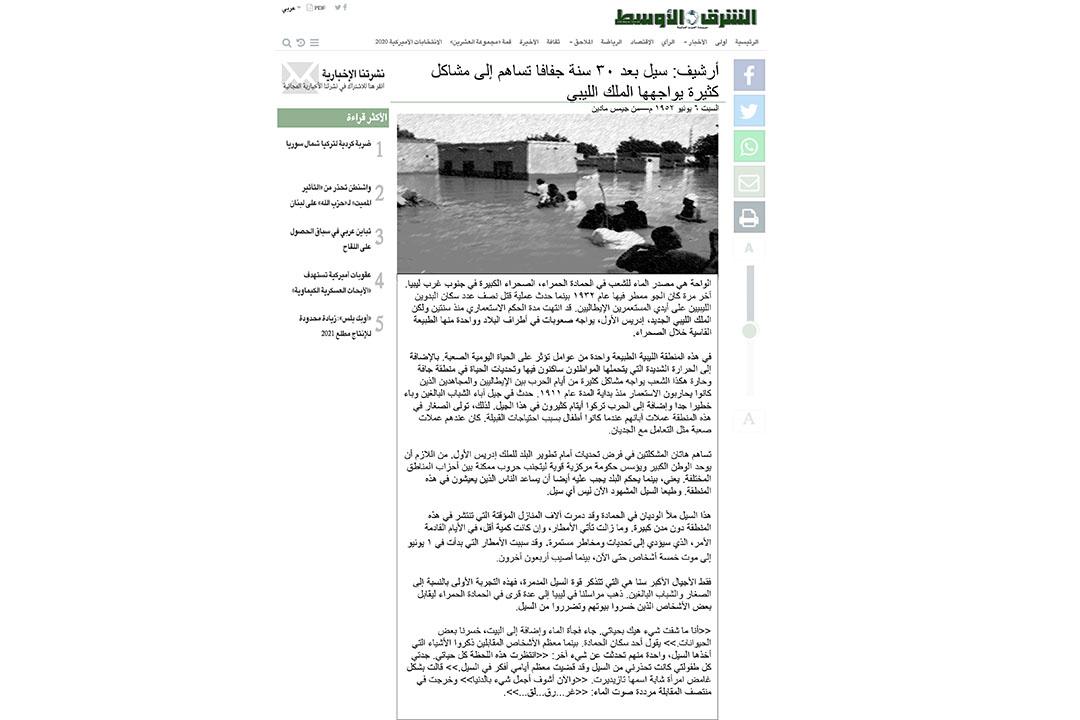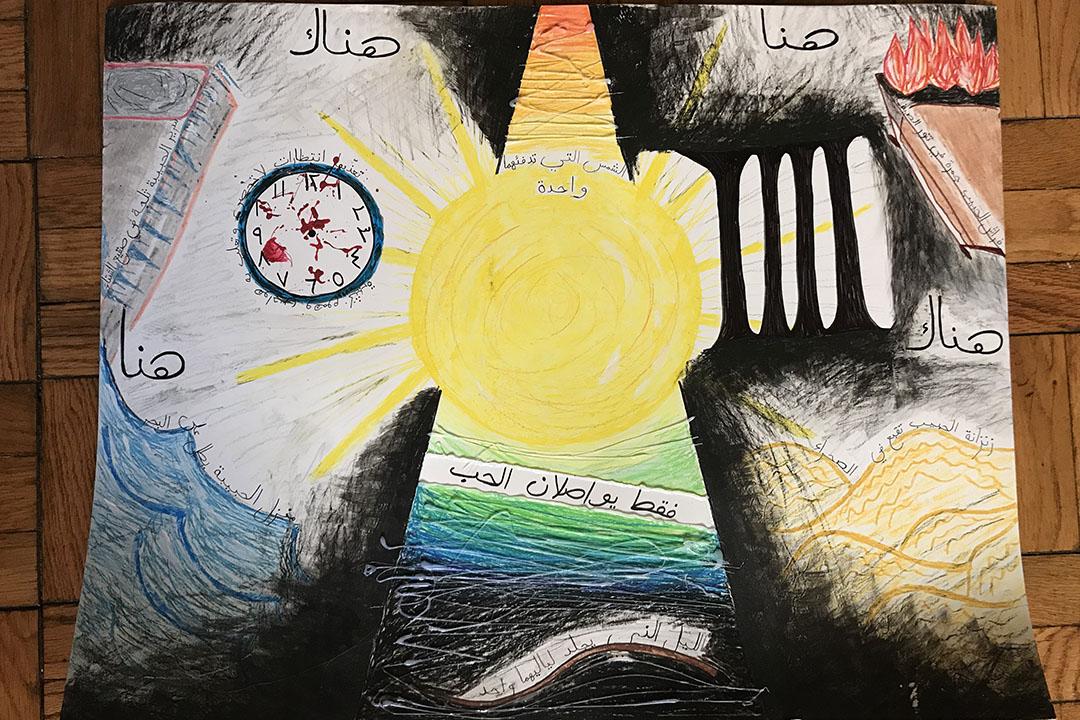Arabic
The Arabic program offers a major in Arabic studies, minor in Arabic studies and a minor combining Arabic and Hebrew languages and cultures. Many students outside of the department also take Arabic language courses, which are designed for practical applications such as translation, media, business and literature. Rigorous classwork focuses on maximizing students’ exposure to the language, in preparation for a variety of professional fields. Faculty supplement the most recently published Arabic textbooks with their own language exercises to accommodate diverse learning styles.
Programs
Unique Career Pathways
Arabic language provides an excellent background for careers in political science, business, foreign service, language analysis, translation and consulting. Some students go on to graduate work in fields like comparative linguistics, Semitics, religion, political science and international trade and many other disciplines with a Middle East focus. Arabic students are especially well suited for careers in:
- Federal government, which has an ongoing need for Arabic speakers.
- International organizations including the World Bank, the International Monetary Fund, Amnesty International, World Health Organization and the United Nations, for which Arabic is one of its official six languages.
- Private businesses such as the oil industry and the banking sector, where Arabic speakers are needed as consultants in international education, culture, trade and investment.
Arabic Placement Exam
- Placement Without Credit: To be placed into a section of Arabic without receiving credits, please take the online Arabic Placement Exam administered through the GW Language Center.
- Placement With Credit: If you are seeking transfer credit for courses completed outside of GW (e.g., as a result of studying abroad), please contact the Arabic program director to take a proctored equivalency exam. That exam is given during the first two weeks of the semester. Self-placement into a course without passing an equivalency exam will result in deregistration from the course at any time during the semester.
Arabic Tracks and Philosophy
Course Tracks
Arabic courses cover four levels/years at the undergraduate level. In the first and second year of Arabic instruction, students have the choice between:
- The college-wide standard four-credit track and
- The special intensive six-credit track.
In both tracks, all courses emphasize four language skills — listening, reading, writing and speaking — in addition to fostering cultural competency.
Emphasis on Cultural Competency
Learning Arabic through multiple literacies (language, literature, media, translation and business) opens a cultural window into a non-Indo-European language and culture. Our Arabic courses aim to demystify the complexities of Arab culture and language and open learners’ minds to the often unfamiliar or difficult to understand norms and values of the Arab world. We strive to increase students' tolerance for cultural differences and empower students to expand their understanding of diverse human aspirations and interests. Encouraging open-mindedness and intellectual analysis also broadens students’ critical thinking and prepares them for lifelong learning.


"The opportunity to study abroad was made possible because generous GW donors understand how their commitment to providing the gift of education is what makes students challenge ourselves to think more critically and globally. My scholarship motivates me to achieve my greatest ambitions so that I too can offer a helping hand."
Kristen Barnes
BA '16, English
Sample Student Work
See More Arabic Student Projects









